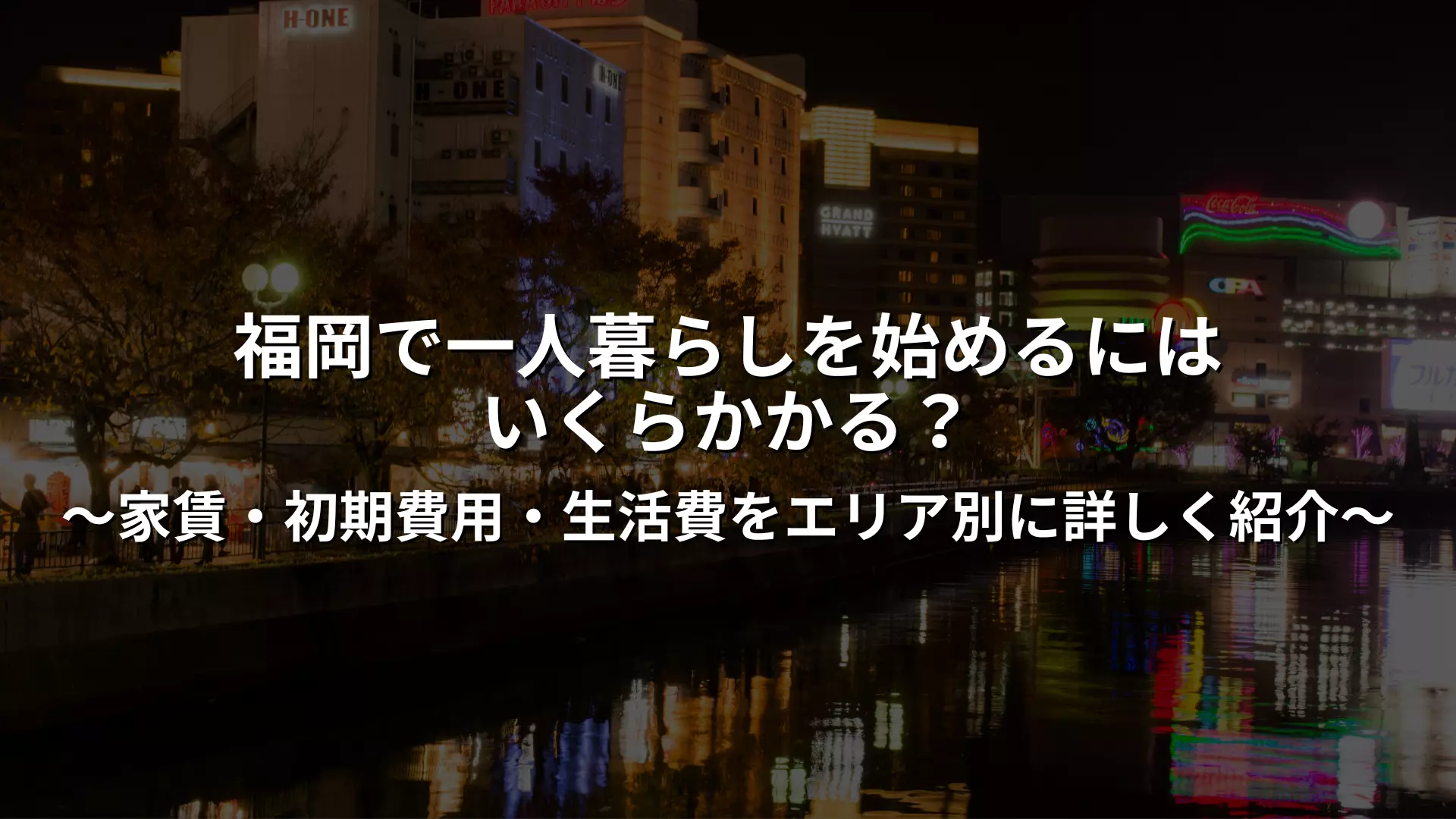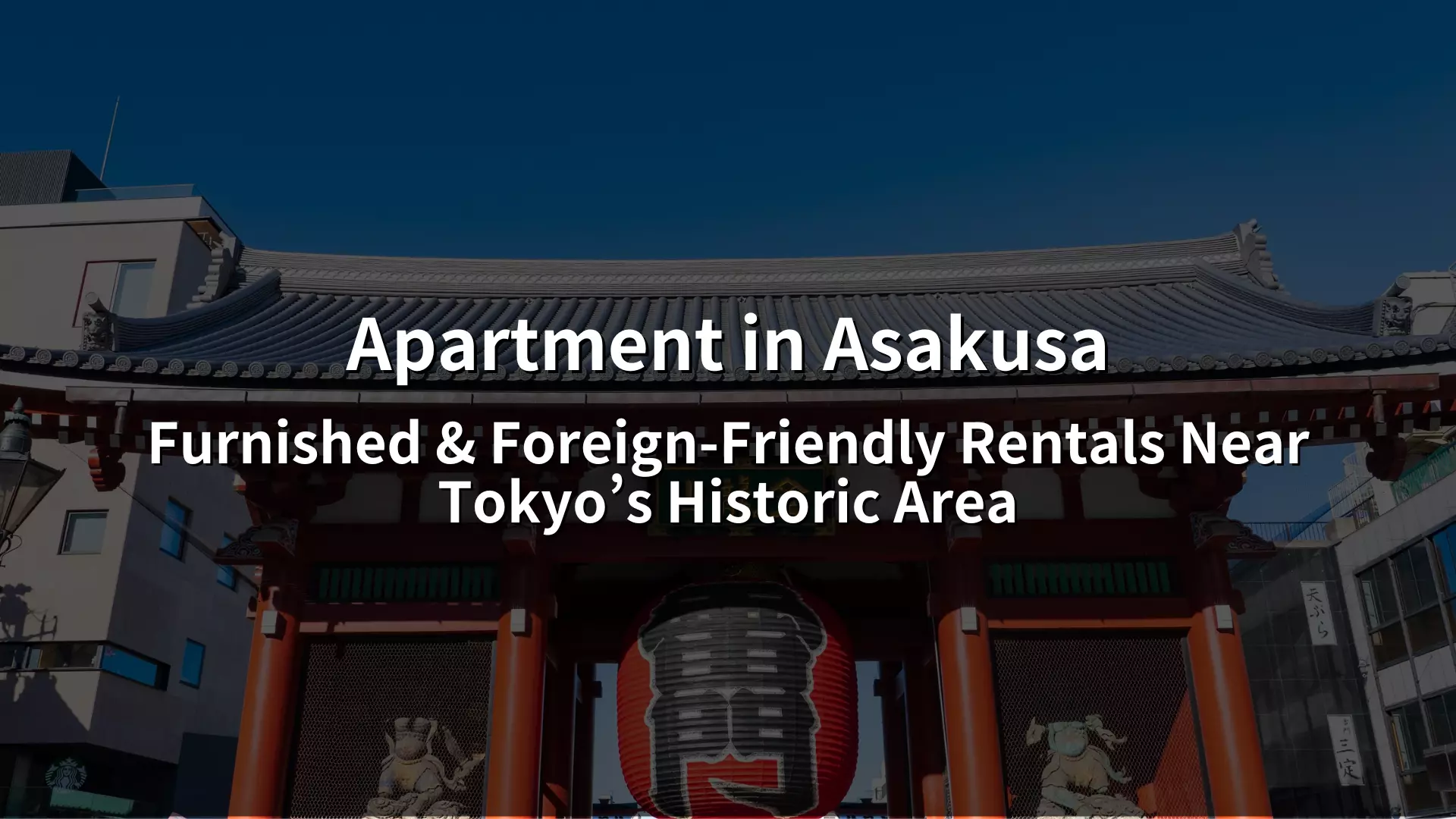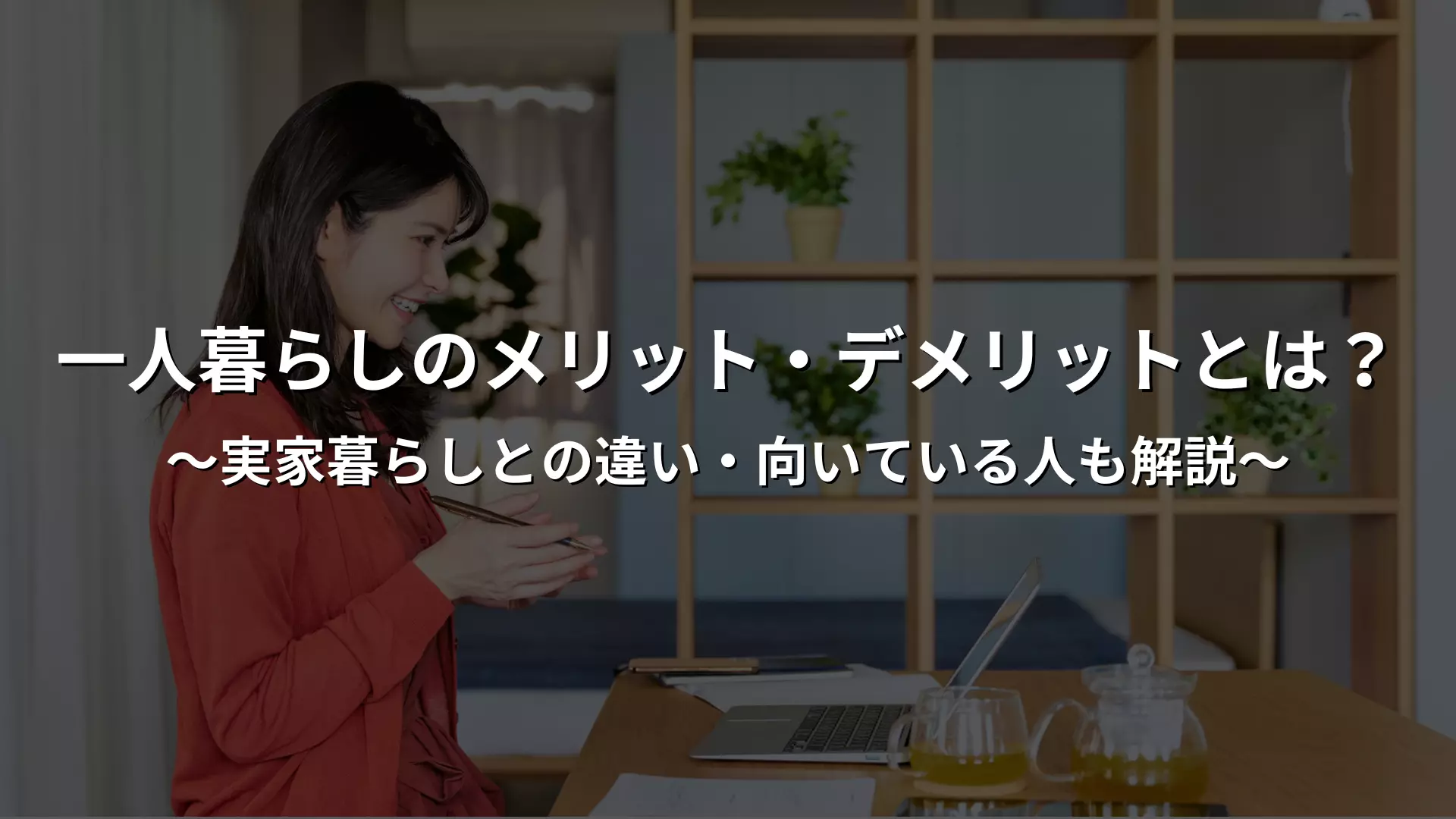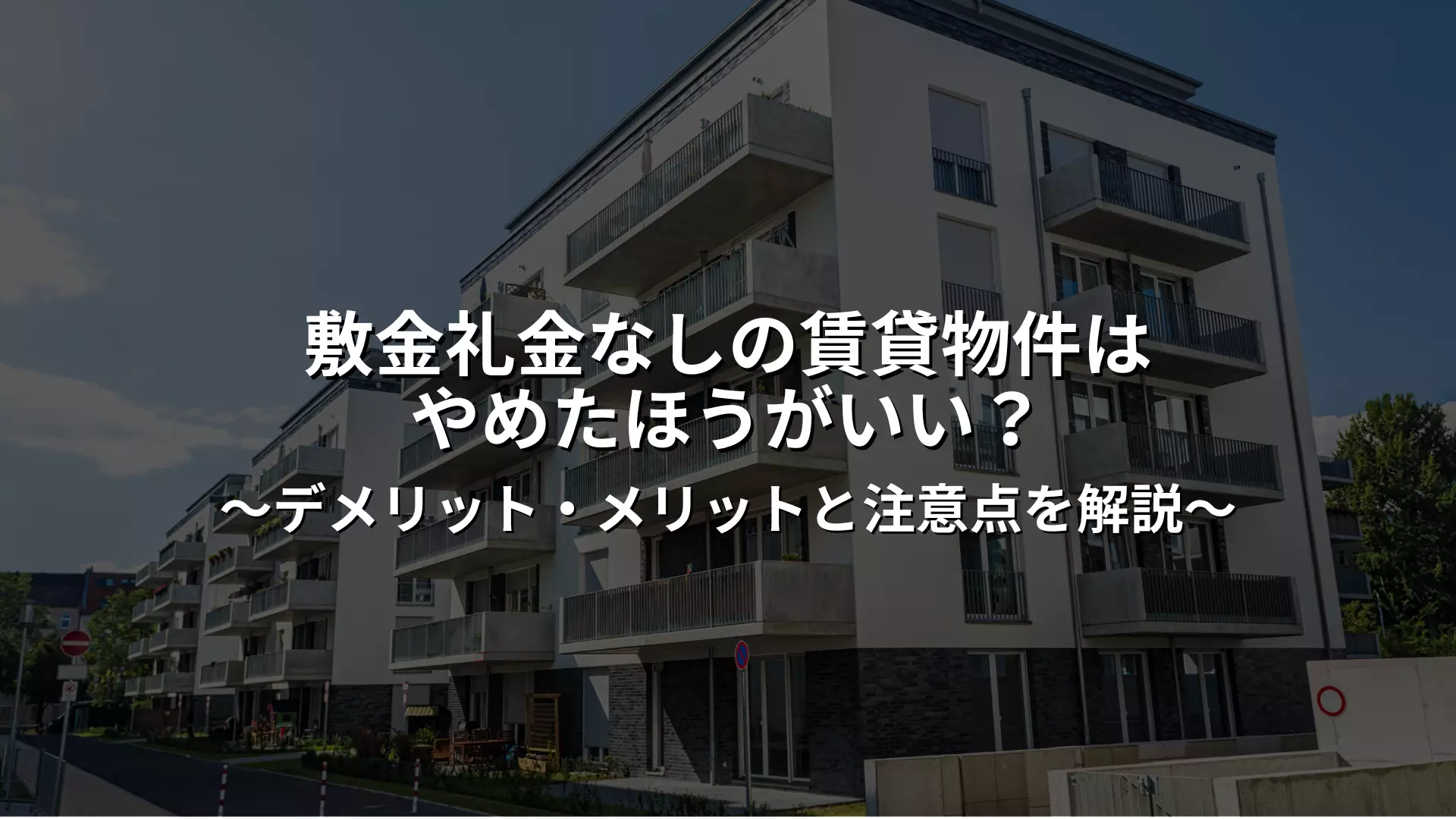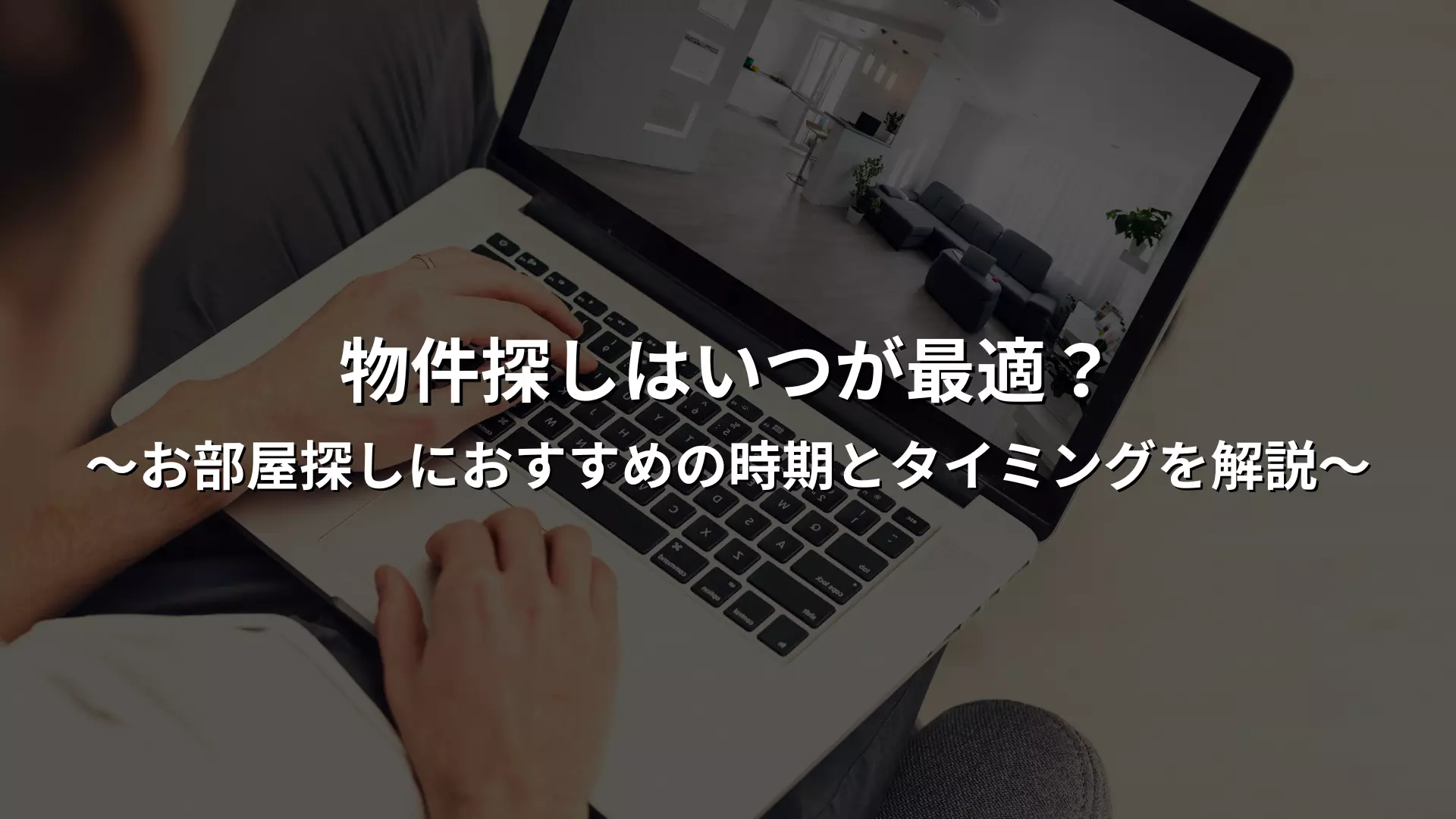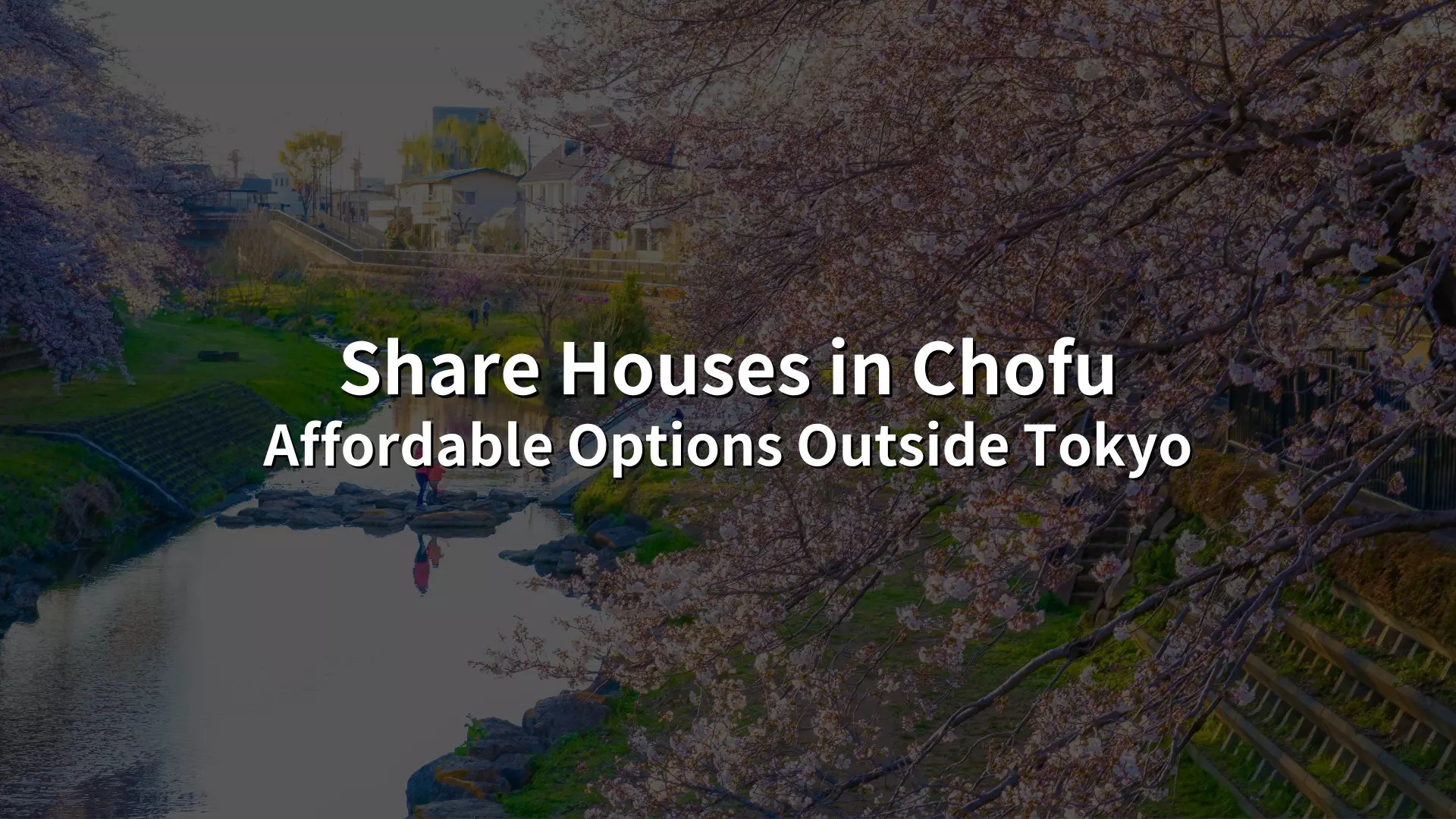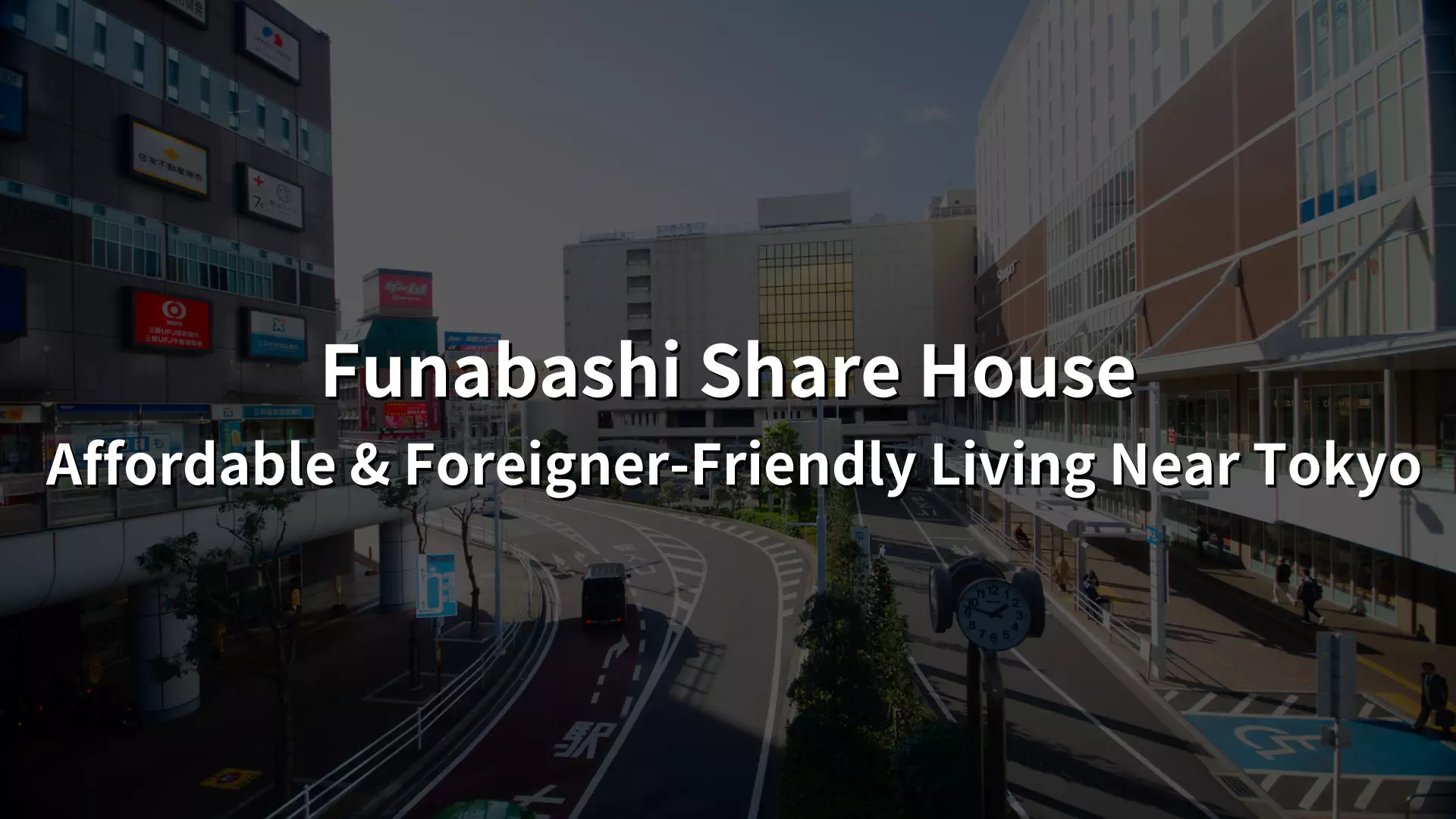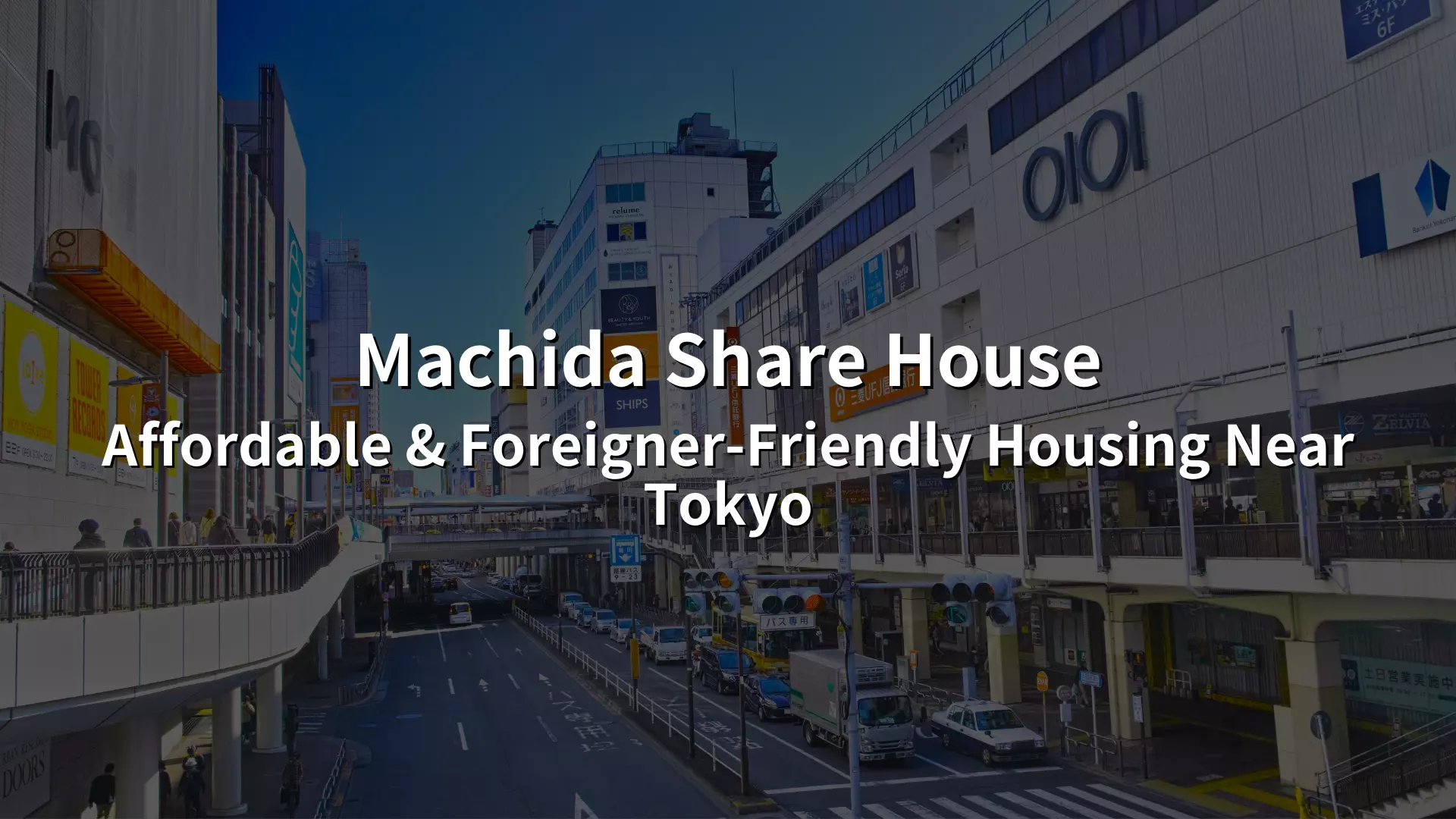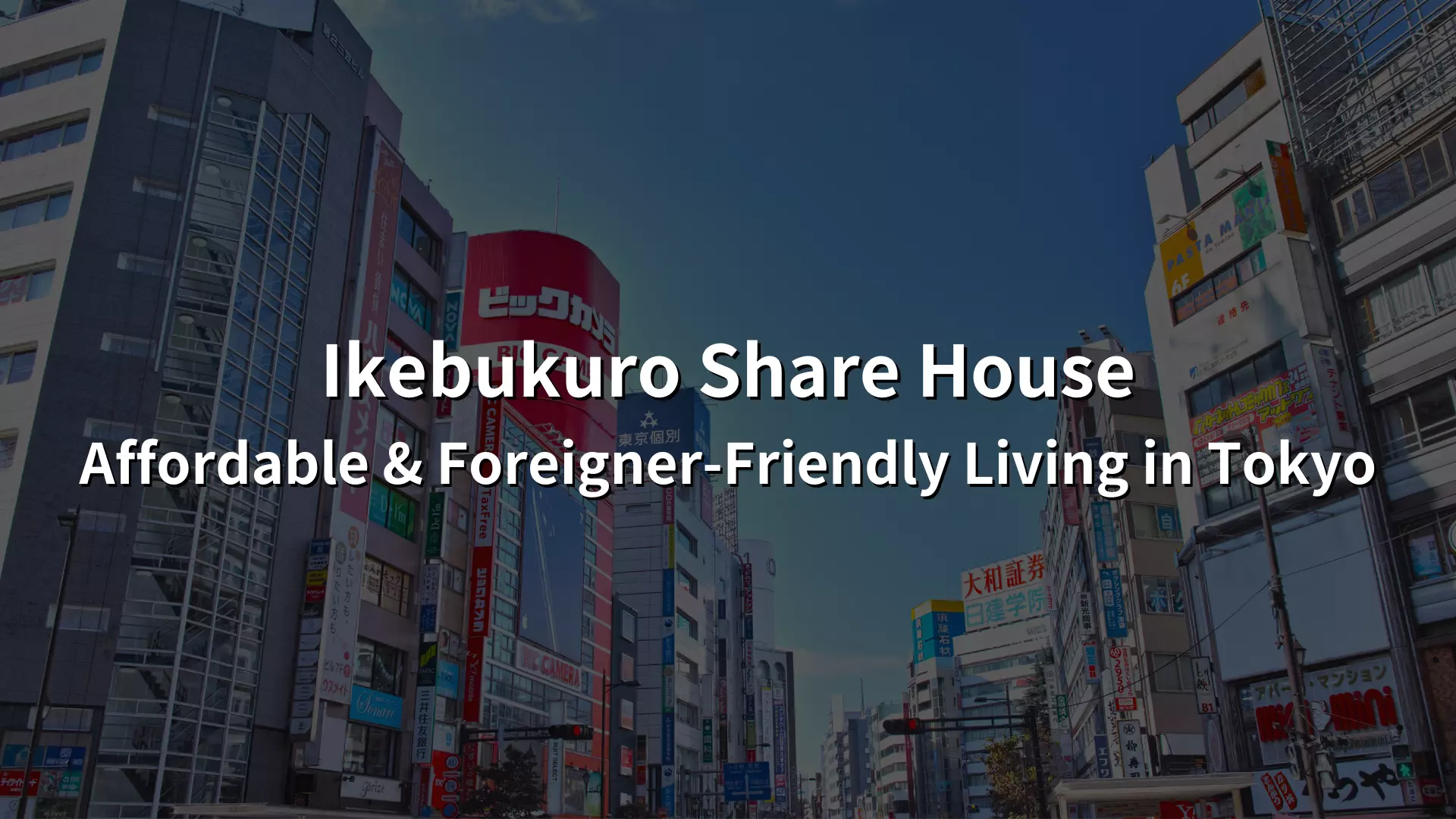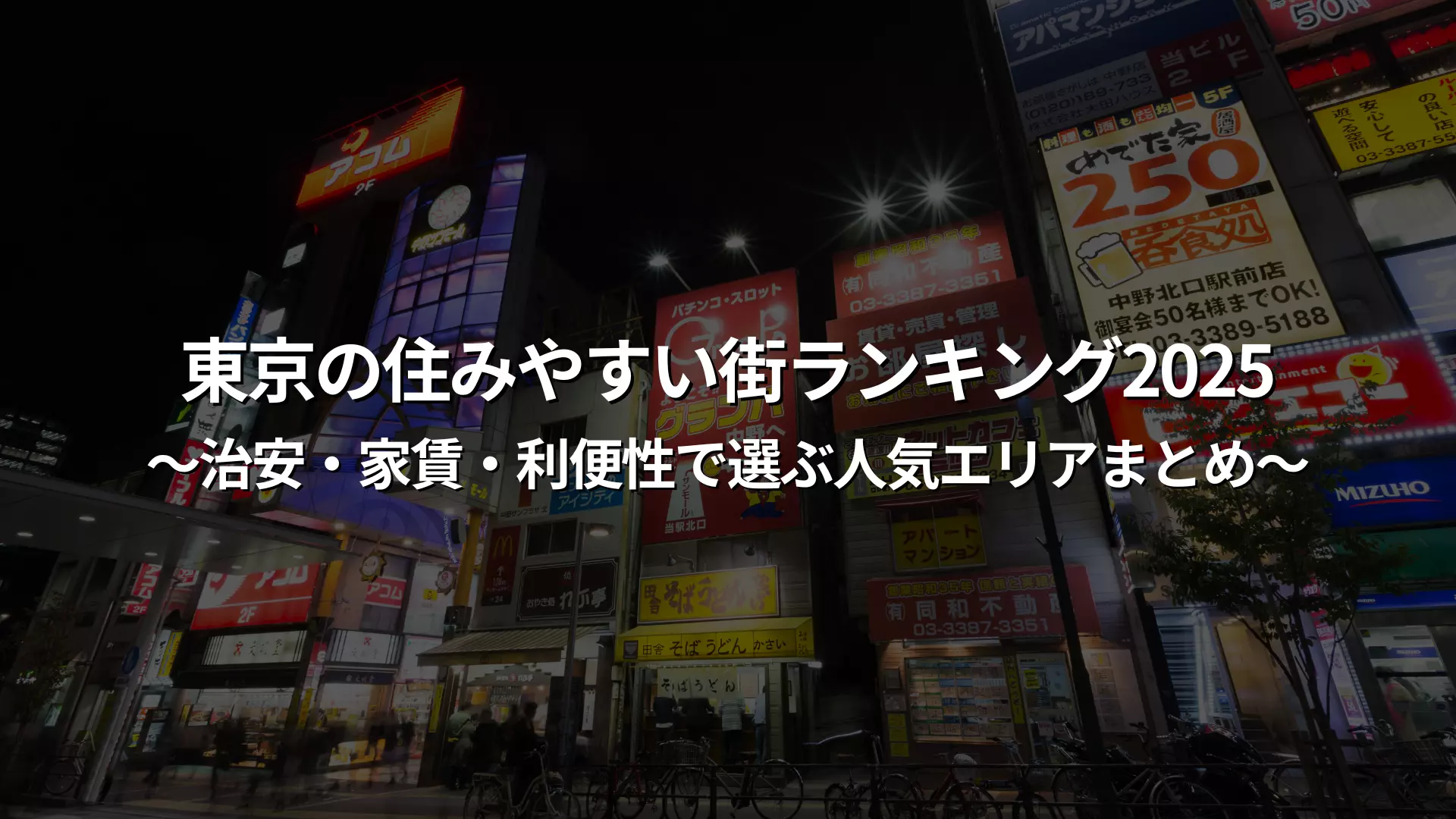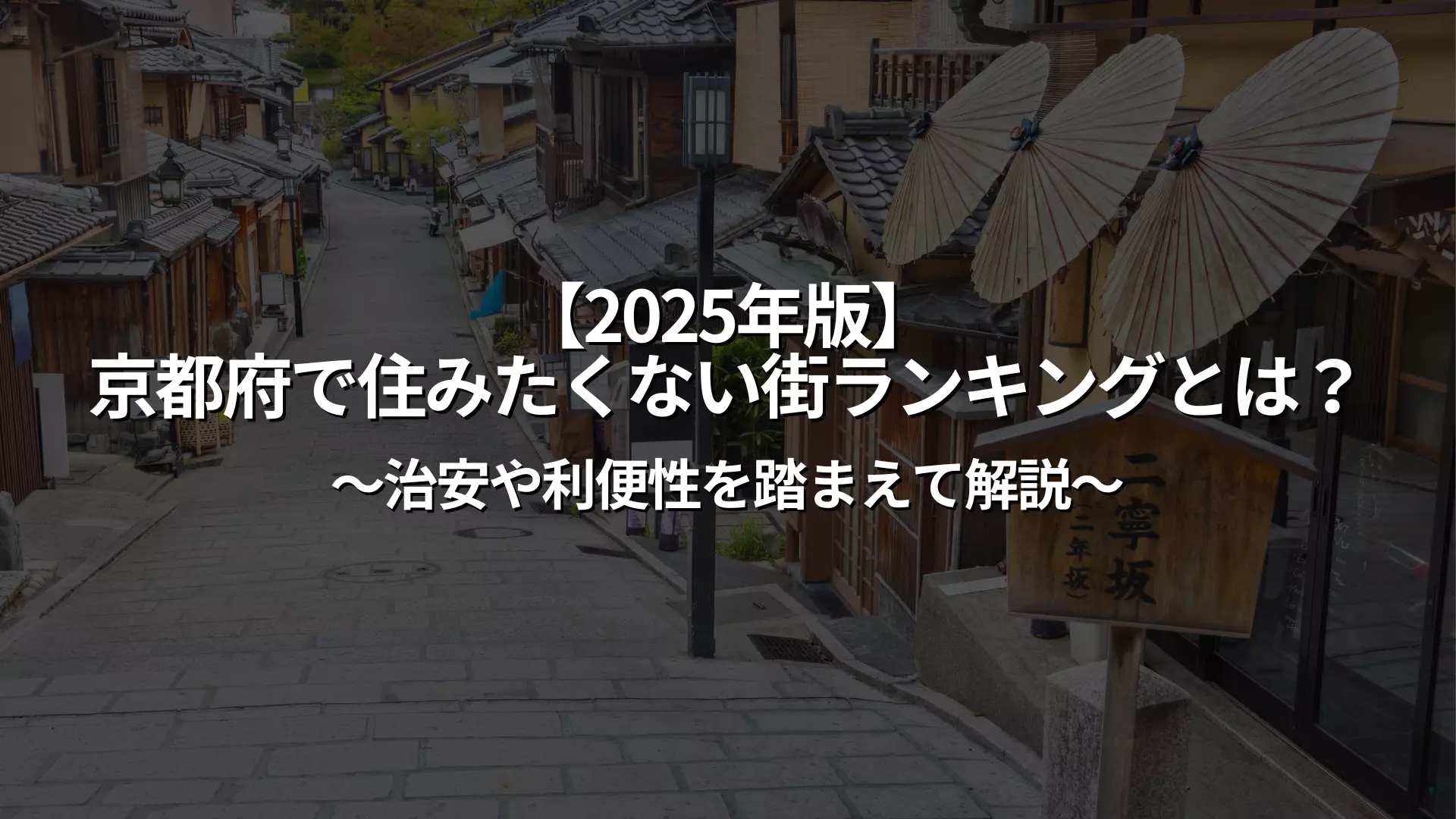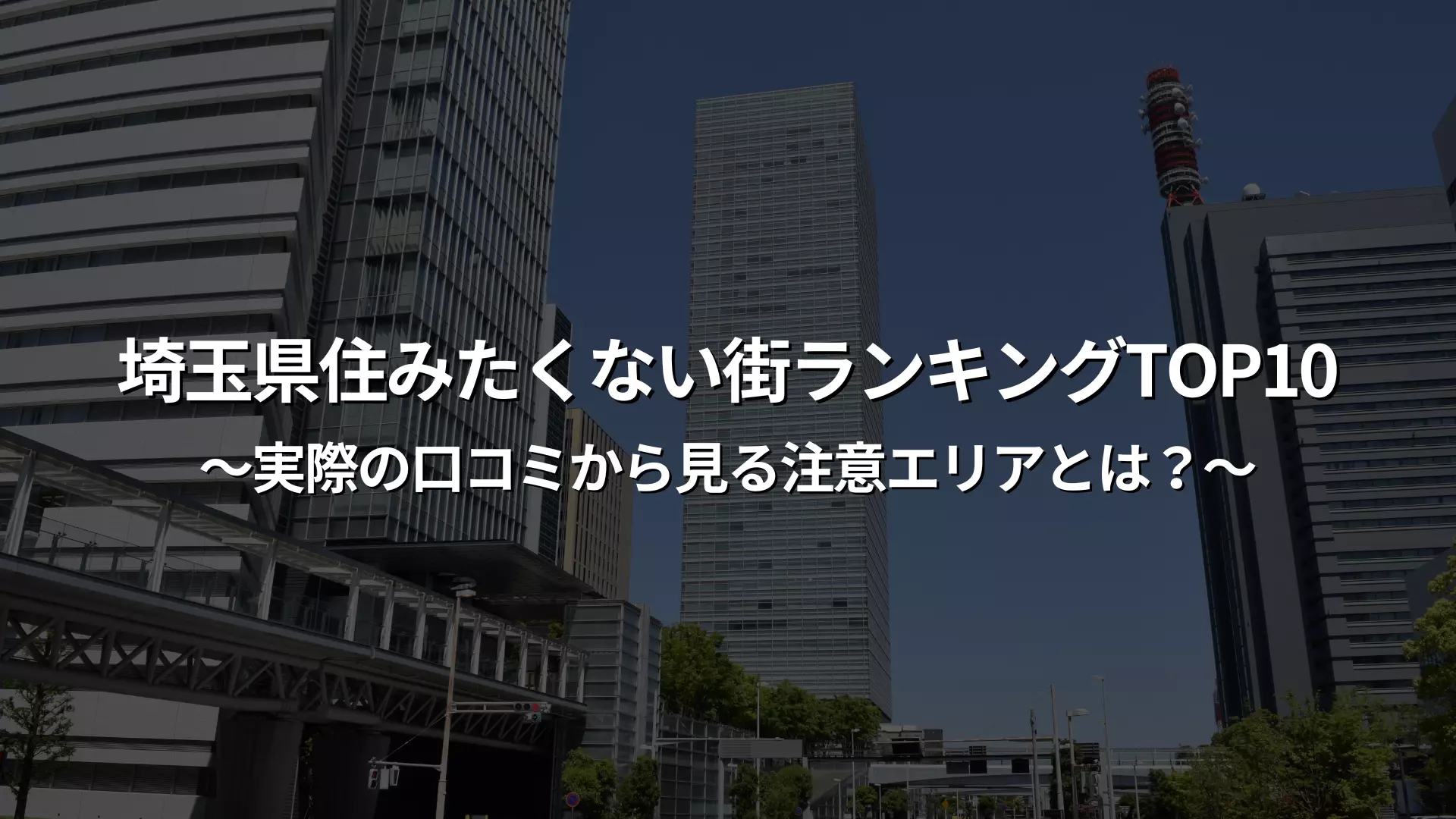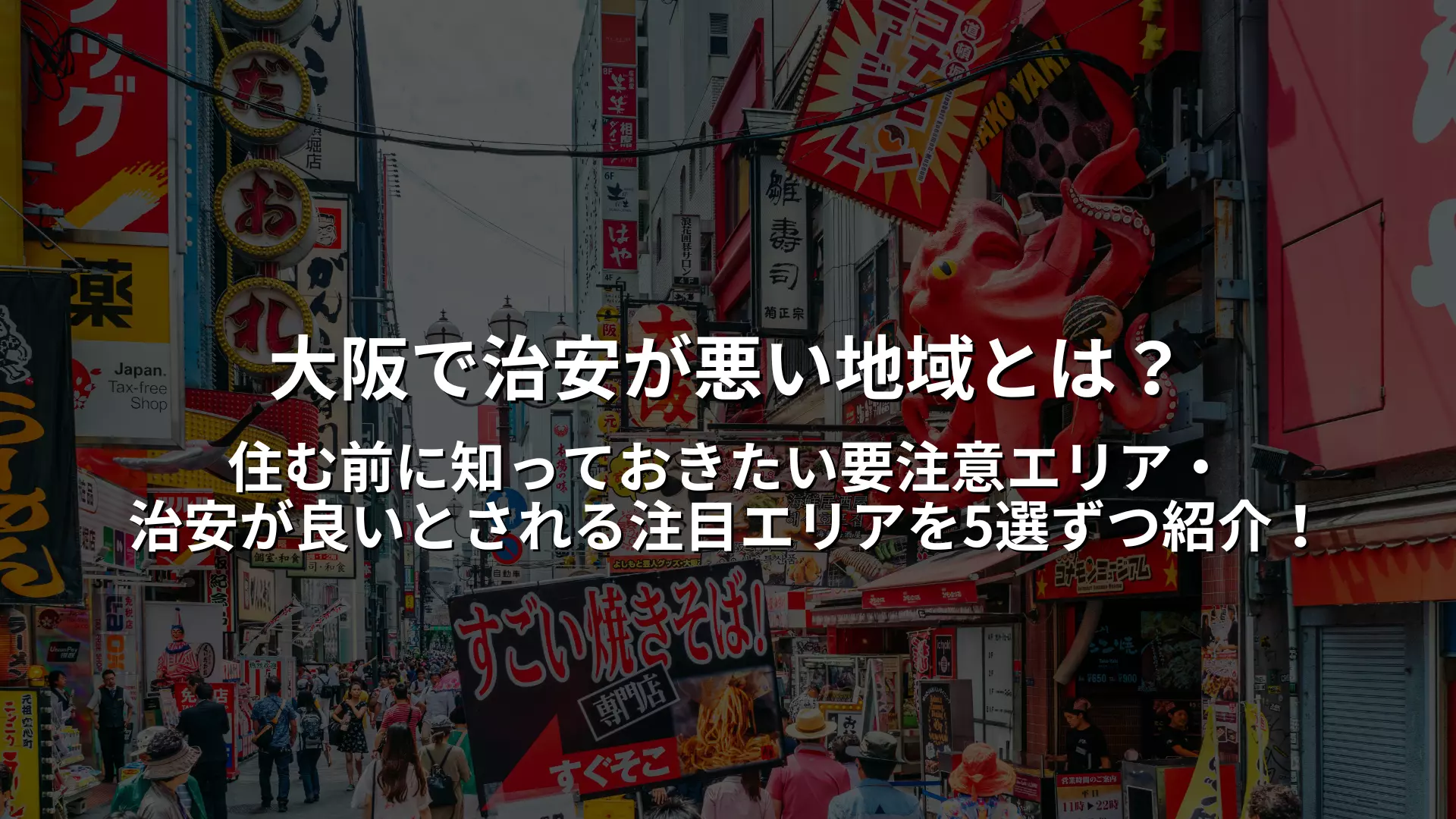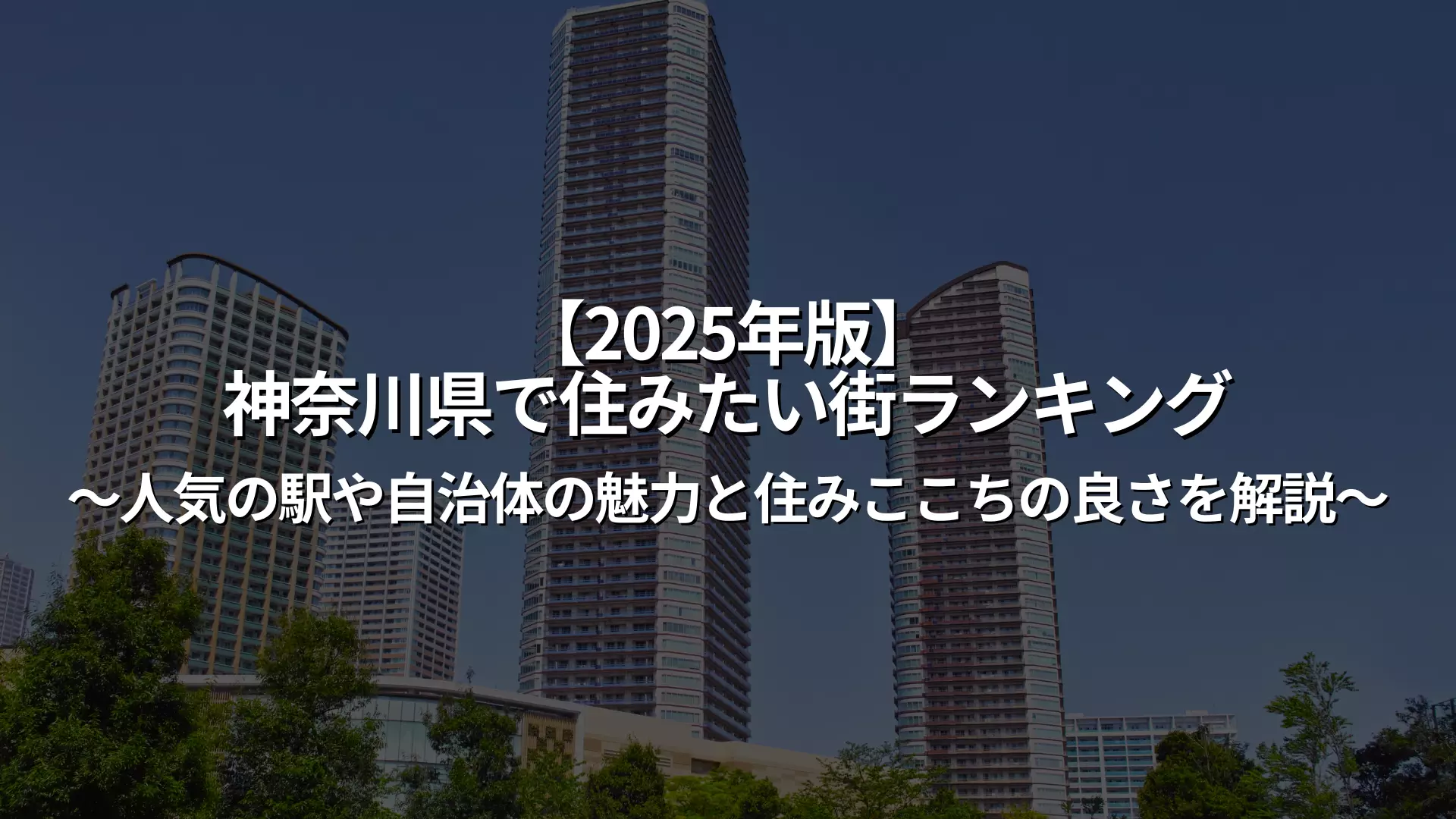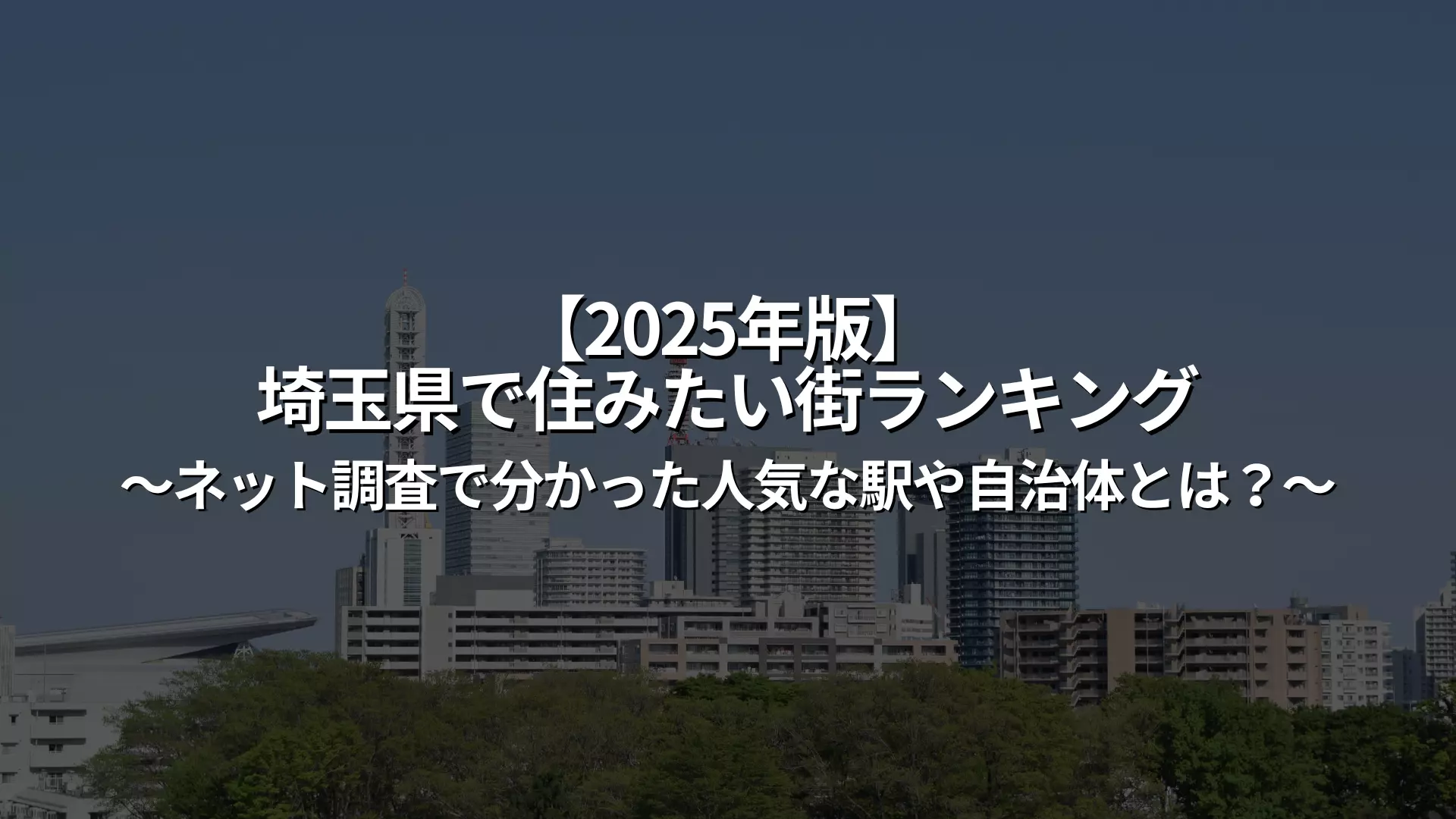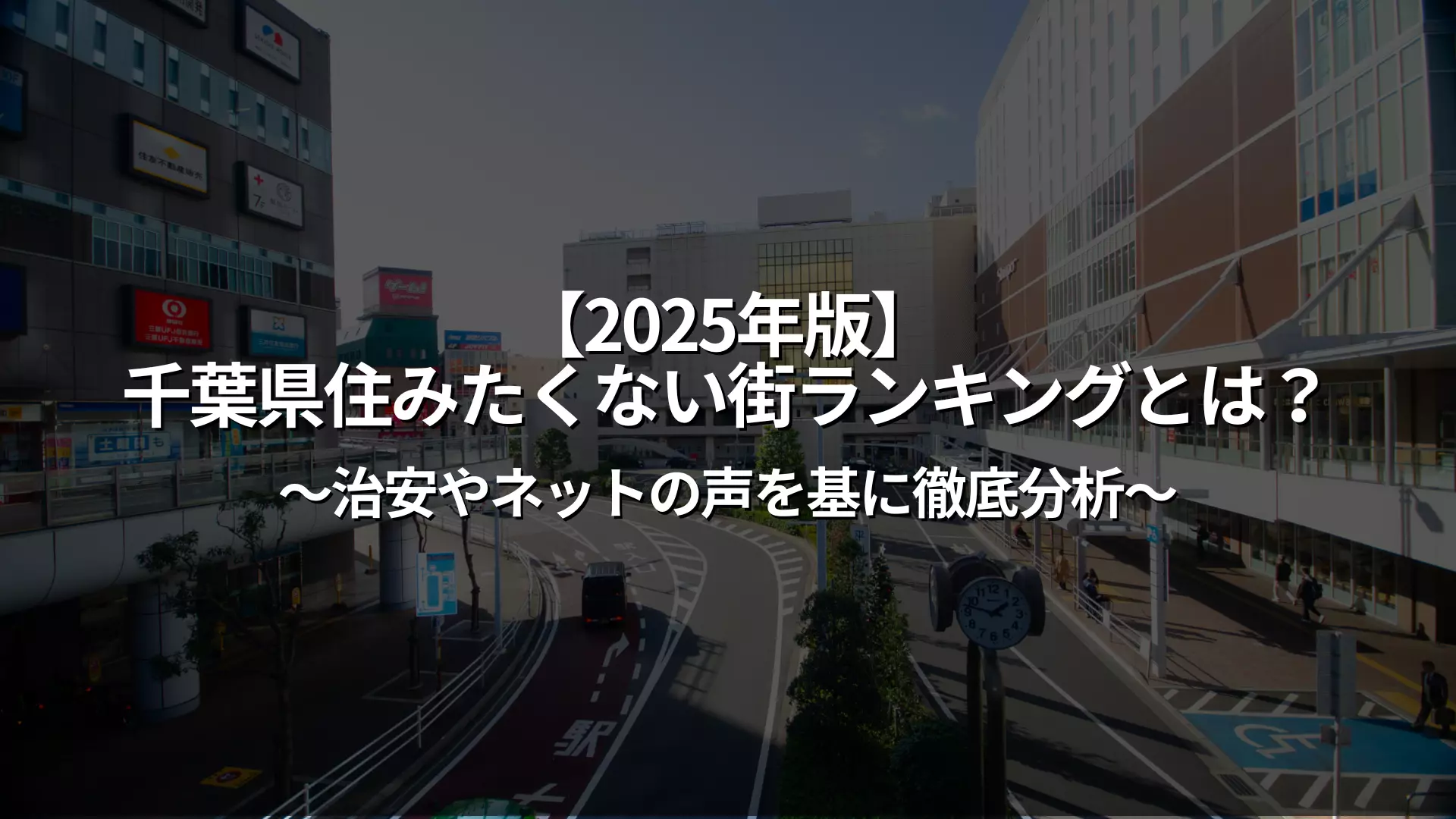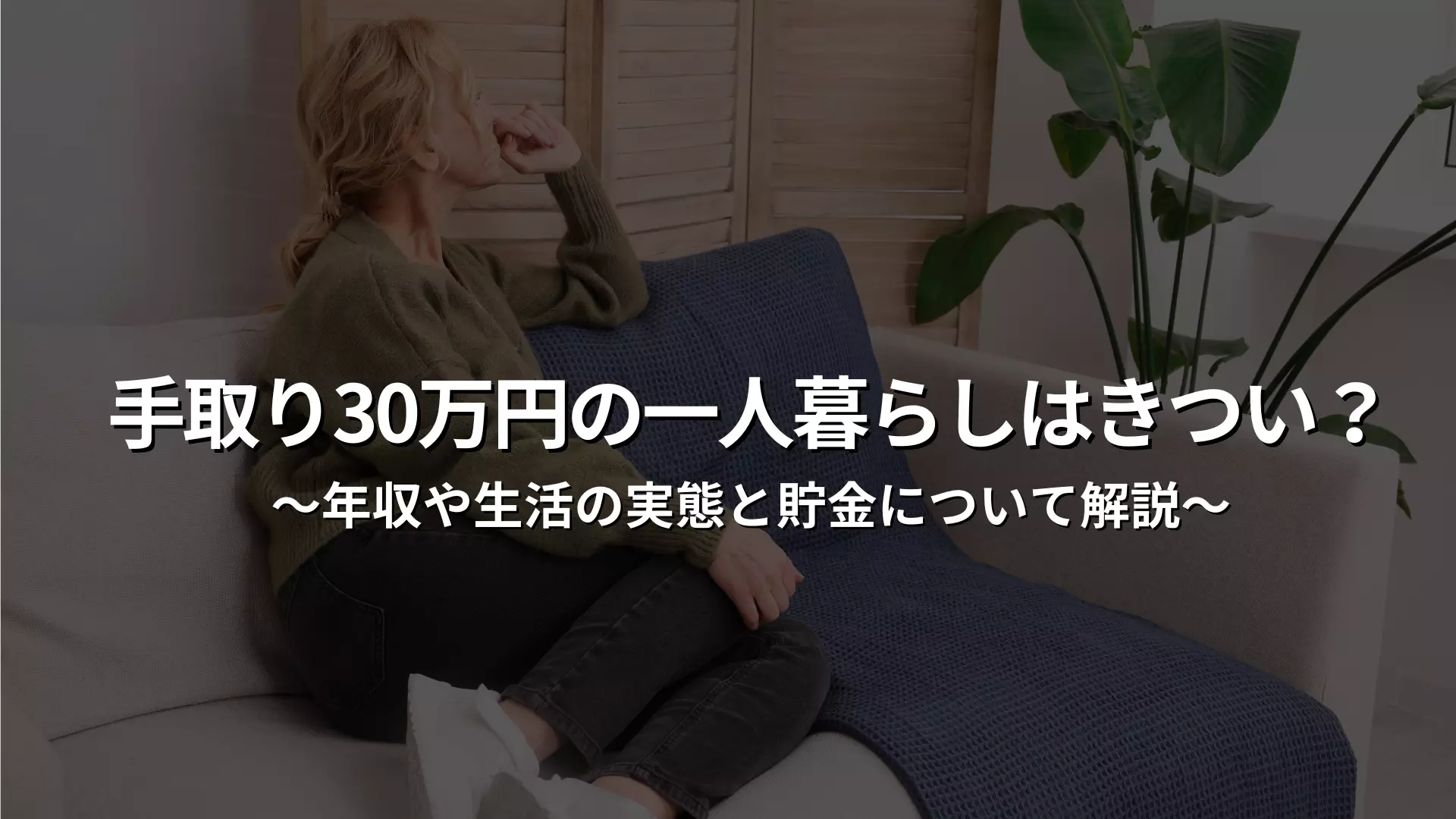How much does it cost per month to live alone in Fukuoka?
When you start living alone in Fukuoka, the first thing you'll be concerned about is your monthly living expenses. Expenses such as rent, food, and utility bills will greatly affect your comfort and future savings plans. In this chapter, we'll explain in detail the breakdown of average living expenses for living alone in Fukuoka and some tips for keeping expenses down.
What is the breakdown of basic living expenses for a single person?
If you live alone in Fukuoka City, your monthly living expenses can be divided into the following main items:
- Rent (approximately 40,000 to 60,000 yen)
- In the central areas of Hakata and Chuo wards, properties are on the higher side, at 60,000 to 70,000 yen, while in suburban areas you can often find properties for 40,000 to 50,000 yen.
- Utility expenses (approx. 10,000 yen)
- This is the average amount including electricity, gas, and water. During the summer and winter when heating and cooling are used, it can be as much as 12,000 to 15,000 yen.
- Communication costs (approx. 5,000 to 7,000 yen)
- This estimate includes the cost of a smartphone as well as internet connection fees such as Wi-Fi.
- Food expenses (approximately 20,000 to 30,000 yen)
- If you cook mostly at home you can keep your expenses down to around 20,000 yen, but if you eat out or buy a lot of ready-made meals from the supermarket it can exceed 30,000 yen.
- Daily necessities and miscellaneous expenses (approximately 5,000 to 8,000 yen)
- Miscellaneous expenses include consumables such as detergent and toilet paper, clothing, and entertainment expenses.
- Transportation costs (approximately 5,000 to 10,000 yen)
- If you mainly use the subway or bus, your commute will vary depending on how often you commute to work or school.
Understand the balance between the average rent amount and your expenses
Rent is the largest fixed cost of living, and the average price varies greatly depending on the area.
- Chuo Ward and Hakata Ward: These are popular areas with good transport links and shopping facilities, but prices for a one-room apartment are somewhat expensive at around 60,000 to 70,000 yen.
- Suburban areas such as Jonan Ward, Minami Ward, and Sawara Ward: Although transportation is a little inconvenient, you can find many affordable properties for around 40,000 to 50,000 yen.
Ideally, you should keep your rent to less than one-third of your take-home pay. For example, if your take-home pay is 180,000 yen, it would be ideal to set your rent at 60,000 yen or less.
Monthly expenses such as utility bills, communication fees, and food fees
Fukuoka has a relatively warm climate, but utility bills still tend to be high when using air conditioning in the summer and heating in the winter.
As a rough guide, utility bills generally average around 10,000 yen per month throughout the year. However, by being mindful of energy conservation on a daily basis, setting the air conditioner at an appropriate temperature, and using LED lighting, it is possible to keep the cost down to around 8,000 yen per month.
Regarding communication costs, you can keep them down to around 3,000 yen per month by switching to a low-cost SIM for your smartphone. Even if you sign up for a separate internet line, apartment-type Wi-Fi generally costs around 3,000 to 4,000 yen per month.
If you cook mostly at home, it is quite possible to keep your food expenses under 20,000 yen a month. You can save even more by taking advantage of special sale days and wholesale supermarkets. On the other hand, if you eat out a lot at convenience stores and eat out, your monthly expenses can easily exceed 30,000 yen, so you need to be careful about your daily eating habits.
Tips and tricks to save money on living expenses
If you live alone, you can save more than 10,000 yen a month with a little ingenuity. Try incorporating the following methods.
- Cooking at home as a rule: By cutting down on eating out and cooking at home, you can save more than 10,000 yen a month. In particular, prices at local supermarkets in Fukuoka are relatively low, making it a great environment for those who like to cook at home.
- Saving on electricity bills: By taking small steps such as unplugging unused appliances, using LED lighting, and setting the air conditioner to an appropriate temperature, you can save 1,000 to 2,000 yen per month.
- Review your communication costs: Switching to a low-cost SIM or using an internet contract plan for apartment buildings can save you 2,000 to 3,000 yen per month.
Average rent in Fukuoka | Characteristics of each area and how to choose
When searching for an apartment in Fukuoka, the most important thing to consider is "which area to live in." Depending on the area in Fukuoka city, average rent prices and ease of living vary greatly.
In this chapter, we will explain in detail the average rent in major areas, their respective characteristics, and what to consider when choosing a property.
Rent in Chuo-ku and Hakata-ku, Fukuoka City and reasons for their popularity
Chuo Ward and Hakata Ward are particularly popular areas in Fukuoka City. Commercial facilities and office buildings are concentrated around Tenjin and Hakata Station, making them very convenient for commuting to work or school, making them attractive areas for young workers and students.
The average rent for a one-room or 1K apartment is roughly 60,000 to 70,000 yen. There are some properties in the 70,000 yen range, but for those who value transportation access and convenience, this area is worth it. Properties close to subway stations and near large shopping malls tend to have higher rents, but there are many options for shopping and eating out, so you can spend your busy days in comfort.
The charm of Jonan and Minami Wards, where you can live with low rent
If you want to keep your rent as low as possible, suburban areas such as Jonan and Minami wards are recommended. Although they are a little far from the center, you can find studio apartments for around 30,000 yen, and 1K apartments for under 40,000 yen, making them a great choice for people who want to live in a quiet environment while saving on rent.
These areas are characterized by their abundance of nature, parks, and green spaces. They are also popular as student accommodation, and there are plenty of student-oriented properties in areas close to university campuses. However, the nearest train station may be far away, so you need to consider the time it takes to commute to school or work when choosing an accommodation.
Convenience of commuting to work or school varies by region
Each area has different levels of convenience for commuting to work or school. Hakata Ward and Chuo Ward have a wide range of subway and bus routes, making them attractive for their easy access to anywhere in the city. In contrast, suburban areas such as Nishi Ward and Sawara Ward are less well-connected, but offer a quiet and peaceful environment. Rent is also relatively cheap, making them a good choice for people who want to keep their living costs down.
Tips for choosing a good area to live in
To avoid making a mistake when choosing an area, it is important to keep the following points in mind:
Commuting time and transportation convenience
Be sure to check not only the distance to your workplace or school, but also the number of buses and the travel time required. In areas where buses are the main means of transportation, delays may occur depending on the weather and time of day.
Availability of living infrastructure such as supermarkets and hospitals
It is important to check whether there are supermarkets, convenience stores, and hospitals nearby for daily shopping and in case you suddenly become unwell. Check the map to see if the facilities essential to your daily life are within walking distance.
Public safety and the surrounding residents
To live safely, it is a good idea to check the security information of the area in advance. Depending on the area, the residents' tendencies vary, such as areas with many students or areas with many families, so it is important to choose an area that suits your lifestyle.
Search for a room
Only furnished properties with appliances are listed!
Safe living in Fukuoka, even if you live alone! Safety and livability of Fukuoka
When starting to live alone, many people worry about whether the city is safe or not. For women in particular, the safety of a place is a very important factor when choosing a place to live.
Here we will introduce in detail the public safety situation in Fukuoka City, safe areas recommended for living alone, and tips for finding a property where you can live with peace of mind.
Fukuoka City's Public Safety and Area Trends
Fukuoka City is a relatively safe city compared to other cities in Japan, but the number of crimes and the atmosphere vary depending on the area. Below is a breakdown of areas in Fukuoka City that are considered to be safe and areas where you need to be careful.
[Areas considered to be safe]
Sawara-ku, Nishi-ku, and Jonan-ku are mainly residential areas where many families and students live. They have a calm atmosphere and a relatively low crime rate.
In particular, Nishijin (Sawara Ward) and Beppu (Jonan Ward) have many universities and educational facilities, and the entire city is enveloped in a peaceful, livable atmosphere.
[Areas requiring caution]
In the downtown areas of Chuo and Hakata (especially around Tenjin and Nakasu), there are many people walking around until late at night, and there have been reports of pickpockets and other nuisances. However, there are also quiet residential areas, so it is important to carefully choose your location.
What are the safest cities for women living alone?
Areas that are popular among women living alone are ones where the streets are well-lit at night and the local community is well-monitored.
Nishijin and Fujisaki (Sawara Ward) are known as student towns, and there are many well-lit streets even late at night. There are also many police patrols and police boxes, so it is safe to live in. There are also many convenience stores and supermarkets, making it an easy place to live even at night.
Takamiya and Ohashi (Minami Ward) are located on the Nishitetsu line where express trains stop, and are convenient for access to Hakata and Tenjin. The area is dominated by residential areas and has a relaxed atmosphere.
Feeling safe in a town with strong connections to the local community
"Connections with the community" is also a major factor in increasing crime prevention. For example, in areas where neighborhood associations are active, neighbors have good relationships with each other and are able to help each other when they are in trouble. In addition, by participating in events and cleanup activities organized by the local government, relationships of trust with the community are naturally built.
For those who feel that "because I live alone, I want the peace of mind that comes from knowing someone is watching over me," we recommend that you choose an area that takes these local characteristics into consideration.
How much does it cost to start living alone?
When you start living alone in Fukuoka, you will incur various expenses other than rent. Especially when you move for the first time, you will need a large amount of money, so it is important to prepare in advance.
Here we will explain in detail the breakdown of initial costs, estimated amounts, and tips for saving money.
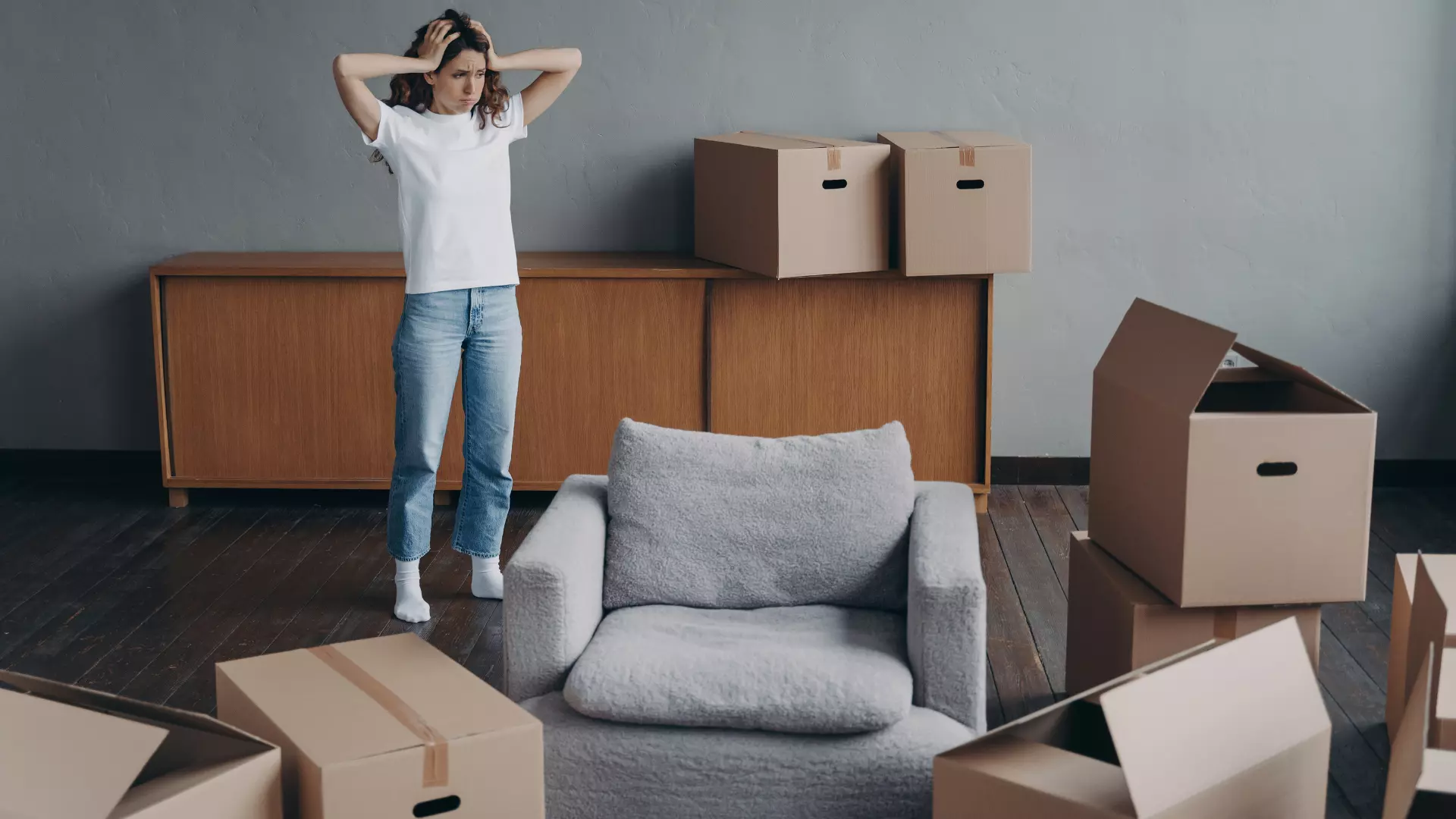
Breakdown of initial costs such as deposit, key money, and brokerage fee
The following costs are generally incurred when renting a property in Fukuoka City.
- Deposit and key money: The standard is one month's rent for each. For example, if the rent for a property is 50,000 yen, you will need 50,000 yen for each, for a total of 100,000 yen. Recently, there has been an increase in properties with no key money, so if you want to keep costs down, be sure to check.
- Brokerage fee: This is the fee paid to the real estate agency, and is generally one month's rent plus consumption tax.
- Fire insurance premiums and key replacement costs: Approximately 20,000 to 30,000 yen. Insurance is often paid in advance for one or two years, and key replacement costs are required for most properties as a security measure.
Adding these three together, the average initial cost will be roughly four to six months' rent (approximately 200,000 to 300,000 yen).
Don't forget about furniture and appliance purchases and moving expenses.
To start a new life, it is essential to prepare the necessities of life.
Just buying the basics, such as a refrigerator, washing machine, microwave, and bed, will cost around 50,000 to 100,000 yen. You can keep the cost a little lower by using second-hand goods and flea market apps.
The cost of hiring a moving company depends on the distance you need to move and the amount of luggage you have, but it usually costs around 30,000 to 50,000 yen. Prices are higher during the peak season (March to April), so you can keep costs down by moving during the off-season, on weekdays, or without a designated time.
How to find a property to reduce initial costs
In order to keep initial costs as low as possible, it is important to choose a property that meets the following criteria:
- Properties with no deposit or key money: Recently, there has been an increase in "zero-zero properties" that have reduced initial costs. There may also be restrictions on the contract period, so be sure to check carefully.
- Furnished property: Since there is no need to purchase appliances or furniture, you can significantly reduce your initial expenses. Recommended for short-term use.
We recommend Cross House's furnished apartments! You can reduce your initial costs significantly.
At Cross House, beds, refrigerators, washing machines, air conditioners, and other amenities are provided from the start so you don't need to buy any home appliances after you move in. You can save on the cost of purchasing furniture and home appliances (50,000 to 100,000 yen), so you can reduce your total expenses considerably.
Another attractive feature is that it offers great conditions for those who value value for money, such as no deposit or key money. Many properties also have reasonable rents compared to the market, making it perfect for those living alone for the first time.
Search for a room
Only furnished properties with appliances are listed!
Features of recommended properties for single people
When you live alone for the first time, the type of property you choose will greatly affect the comfort and satisfaction of your life thereafter. If you just choose a property because it is cheap, you may find it difficult to live there or have trouble, so it is important to choose carefully.
Here we will introduce in detail the features of properties recommended for those who are new to living alone.
Property conditions suitable for first-time solo living
First, let's look at the basic conditions for living alone.
We recommend a one-room or one-room apartment.
If you are living alone, a one-room apartment or 1K apartment is the most popular choice, as they offer a good balance between rent and living space. A 1K apartment is ideal for people who want to have a separate kitchen and bedroom.
The balance between rent and facilities is important
"Cheap rent = good value" does not necessarily mean. For example, even if the property is cheap, if it doesn't have air conditioning or storage, or if the building is too old, it can actually be inconvenient. Make sure to check whether it has the facilities you need.
Look for recently built or renovated properties
Properties built within the last 10 years tend to have newer equipment and better insulation and soundproofing. However, even if the property is older, it may be clean and comfortable to live in if the interior has been renovated.
Differences in security, access and facilities
When choosing a property, there are three things you should check: security, access, and facilities. If you live alone, you may be worried about security. If the property has an autolock, a monitor-equipped intercom, and security cameras, you can rest assured about security. These are especially important points for women living alone.
If you value comfort, we recommend a property with separate bathroom and toilet or a delivery box. Unit baths can be inconvenient because they can be difficult to clean and difficult to soak in. A property with separate bathroom and toilet allows you to have a relaxing bath time. Also, if there is a delivery box, it will be smooth to receive packages when you are not at home.
Balance between age of building, layout, and management fees
Newer properties are attractive, but be careful because the management fees and common area fees may be higher. For example, even if a property is five years old and in good condition, if the management fee is more than 8,000 yen per month on top of the rent, the total amount may exceed your budget.
On the other hand, even if a property is around 20 years old, if it has been properly renovated, it can often be a comfortable place to live. If the rent is reasonable and the facilities and interior are new, it can be said to be a good value property.
Recommended areas and properties for those who want to keep rent low in Fukuoka
Fukuoka City has relatively low prices and living costs compared to other parts of Japan, making it a popular city for people looking to start living alone. In particular, there are many cost-effective properties that offer a good balance between convenience and rent in areas a little outside the city center.
Here, we will introduce recommended areas and tips for choosing a property for those who want to live comfortably in Fukuoka while keeping rent low.
A reasonably priced area popular with students and new graduates
For those who want to keep their living expenses as low as possible and don't want to spend money on rent, choosing the right area to live in is very important. Fukuoka City is dotted with affordable areas that are especially popular with students and young working people.
Jonan Ward (Beppu, Nanakuma, etc.) is home to many schools, including Fukuoka University, and has a wide selection of studio and 1K properties for students. The average rent is very reasonable, at 30,000 to 40,000 yen per month. The Nanakuma subway line runs through the area, and access to the Tenjin area is good.
Sawara Ward (around Kamo and Noage) is known as a quiet residential area with plenty of nature. It is an easy place to live, with plenty of convenient facilities such as large supermarkets and drugstores. It is perfect for those looking for a calm atmosphere.
Higashi-ku (Kasai, Hakozaki, etc.) is a little further from the city center, so rent tends to be cheaper for the same size of apartments. There are many commercial facilities around Kashii Station, and it is popular not only with students but also with working adults.
Will the rent go down if I move a little further away from the station?
In Fukuoka, while properties close to stations are convenient, they also tend to have higher rents. Even for the same floor plan, there can be a difference of 10,000 to 20,000 yen between "within a 5-minute walk" and "more than a 15-minute walk."
However, by making good use of buses and bicycles, you can save a lot of money without experiencing any inconvenience. Fukuoka city has a wide range of bus routes, and access to Tenjin and Hakata is relatively smooth.
What are the conditions for living comfortably in an old property?
People tend to shy away from properties that are older, but if the property has been renovated and is well-maintained, you can live comfortably without any disruption to your daily life.
Important points to note:
- Has the interior and facilities been renovated?
- Are the kitchen, bathroom, and other areas around water clean?
- Good sunlight and ventilation
- Highly soundproof construction such as reinforced concrete
Older properties tend to have lower rent than newer or more recently built properties, making them an attractive option for those on a budget.
Search for a room
Only furnished properties with appliances are listed!
Tips for finding a property to live alone in Fukuoka
When you start living alone in Fukuoka, finding a property is the first big step. It's important to choose a property based not only on rent and location, but also on your lifestyle and future livability.
Here we will explain in detail the key points to look for when searching for a property to avoid any mistakes.
When and how to start looking for a property
To ensure a smooth relocation, careful planning is essential.
Below is a recommended schedule.
- 2 to 3 months in advance: Check property information online or via apps. Organize your desired conditions and get a grasp of the average rent in the area.
- 1 month before: View the property and narrow down your options. During this time, you will also begin to communicate with real estate agencies in earnest and begin preparing for the contract.
- Best time to move: During the busy season from February to March, reservations for properties and moving companies are concentrated. Popular properties fill up quickly, so it is important to view and apply early. On the other hand, May to July and October are relatively quiet, so they are good times to move.
Living environment and conditions to check when viewing the property
When viewing a property, it's important not only to look at the layout and facilities, but also to imagine how comfortable it will be to actually live there.
- Nearby facilities: Make sure that supermarkets, convenience stores, drugstores, hospitals, and other facilities essential to your daily life are within walking distance. For people who return home late at night, it is especially important to have 24-hour stores and well-lit streets from the station.
- Noise and quietness: Check the sounds of your neighbors' daily lives, the traffic outside, whether there are restaurants or schools nearby, etc. The environment may be different on weekdays and holidays, and between day and night.
- Sunlight and ventilation: Brightness and ventilation in a room are important factors for comfort when living in a house for a long time. In particular, rooms that tend to become humid need attention as this can lead to mold.
- Management of shared spaces: Whether the trash area is in good condition, whether the entrance is clean, etc. The quality of management will affect your satisfaction after moving in.
Things to be aware of when dealing with real estate agents
When searching for a property, communication with the real estate agency is also an important point. Especially if it is your first time living alone, it can be difficult to understand the technical terms and contract conditions.
- Be sure to check the breakdown of the initial costs: Check to see if any costs that are easily overlooked, such as the security deposit, key money, agency fees, guarantee fees, fire insurance premiums, and key replacement fees, are included, and that the total amount is within your budget.
- Read the contract carefully: Items such as cleaning fees when moving out, notice period for cancellation, and renewal fees are likely to cause trouble. If you have any concerns, it is important to ask questions on the spot.
- Don't rush, only sign the contract once you are satisfied: After viewing a popular property, you may be urged to make a decision quickly, as if someone else will take it, but it is important to remain calm and have the courage to make a decision. If necessary, it is a good idea to take the property home with you and discuss it with your family or someone you trust.
Summary | Necessary expenses and preparations for starting to live alone in Fukuoka
To start living alone in Fukuoka, the initial costs are roughly 200,000 to 300,000 yen, and monthly living expenses, including rent, are roughly 80,000 to 120,000 yen. When choosing an area, you should not only consider low rent, but also transportation convenience, public safety, and ease of living.
If you can save money on food and utility costs, you can live comfortably without straining yourself. In particular, if you choose a property that comes with furniture and appliances, you can significantly reduce the initial costs and hassle of moving, making it perfect for those living alone for the first time.
By gathering information thoroughly in advance and choosing a home that suits you, you can start living alone in Fukuoka with peace of mind.

